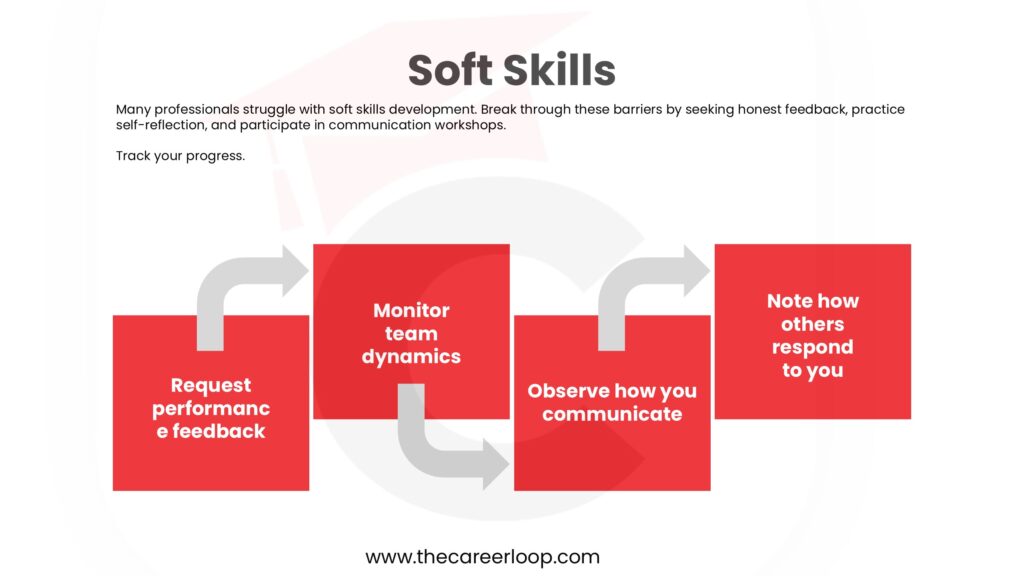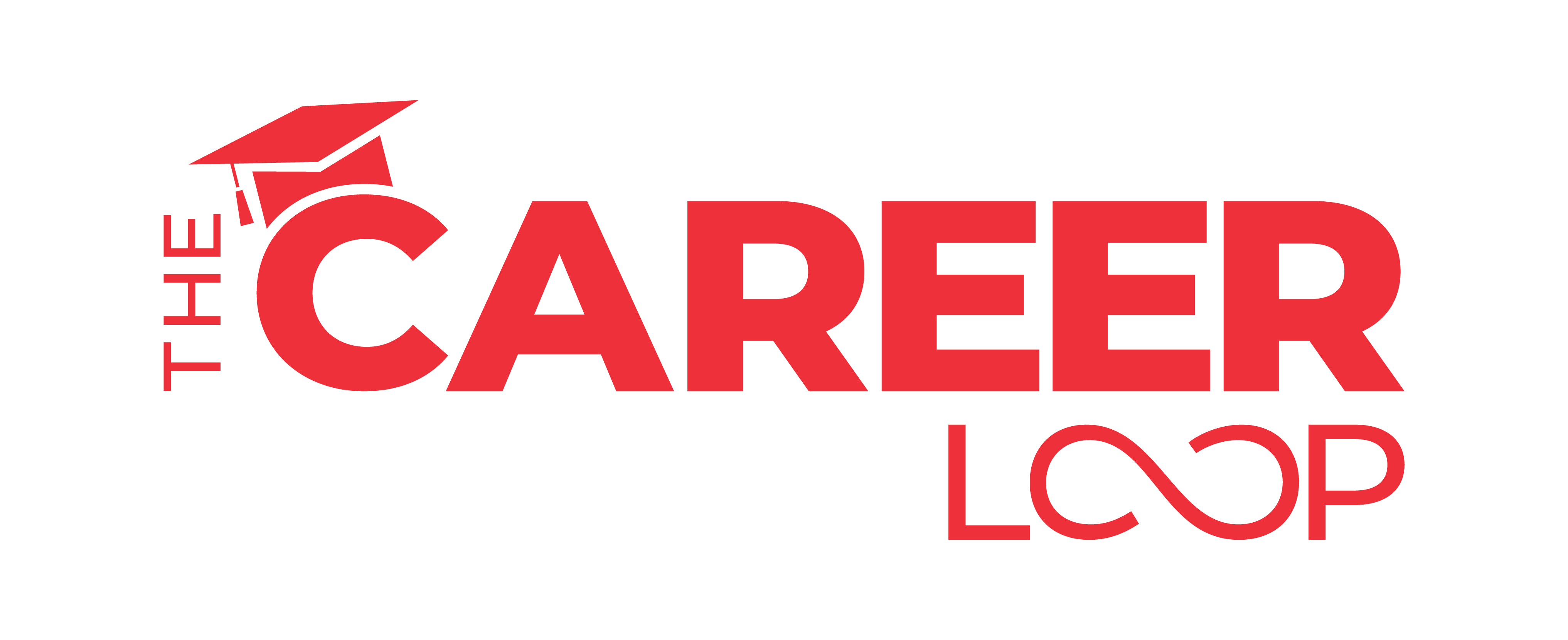“What soft skills do you think you could improve today?”
There’s one critical factor that separates good professionals from genuinely exceptional ones. Soft skills. These intangible abilities define how we communicate, collaborate, and navigate complex professional landscapes.
Understanding Soft Skills
Soft skills are the personal attributes that enable you to interact effectively and harmoniously with others. They are often referred to as common skills, essential skills, or core skills that can not be learned from a textbook or training manual.
Key soft skills include:
- Effective communication
- Emotional intelligence
- Adaptability
- Critical thinking
- Teamwork
- Problem-solving
- Leadership
Why Soft Skills Matter
Technical skills might get you hired, but soft skills determine how far you’ll go in your career. These skills are crucial because employers want more than just someone who can do the job. They want someone who can communicate ideas, adapt to changes, resolve conflicts, and work in a team environment.
There’s also the human element. Employers may be able to use automation and artificial intelligence to handle some technical tasks, but it’s hard for them to replace:
- Empathy
- Creative problem-solving
- Interpersonal relationships
- Communication
Developing and Improving Your Soft Skills
Soft skills can be learned and improved with intentional practice. Focus your attention on the following strategies:
- Active Listening: Focus entirely on the speaker and ask clarifying questions.
- Emotional Intelligence: Practice recognizing and managing your emotions.
- Communication: Join public speaking groups like Toastmasters.
- Adaptability: Seek out challenges that push you out of your comfort zone.
Real-World Impact
Soft Skills make a difference in many areas of an individual’s job. A leader with strong soft skills can:
- Motivate teams during challenging times
- Create inclusive work environments
- Communicate vision effectively
- Handle conflicts with grace
Professionals who are in customer service with excellent soft skills can:
- Build trust quickly
- Handle difficult conversations
- Find creative solutions to problems
- Create positive customer experiences
Measuring Soft Skill Growth
Many professionals struggle with soft skills development. They may lack self-awareness, have limited exposure to diverse interactions, and fear of vulnerability. Break through these barriers by seeking honest feedback, practicing self-reflection, and participating in communication workshops.

The Competitive Advantage
In a job market where technical skills are increasingly commoditized, soft skills become your unique differentiator. They transform you from a competent worker to an invaluable team member. Things you can do for continuous learning include:
- Read books on communication
- Take online courses
- Attend workshops
- Learn from mentors
- Volunteer for cross-functional projects
- Join professional networking groups
- Practice public speaking
Your Journey
Developing soft skills is a lifelong journey. It requires a commitment to self-awareness, vulnerability, and constant skill practice. Remember, soft skills are not about perfection; they are about genuine human connection and continuous improvement.
Moving Forward
Start small. Choose one soft skill to focus on this month. It can be improving your listening skills, managing your emotions, or communicating more clearly. Your technical skills will get you in, but your soft skills will determine how far you’ll go. Every step counts!
















